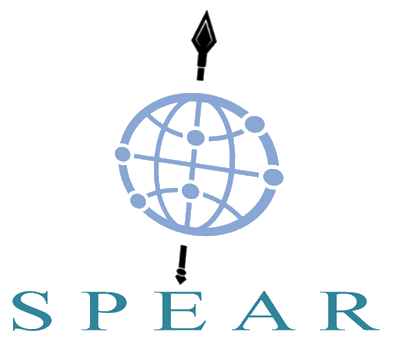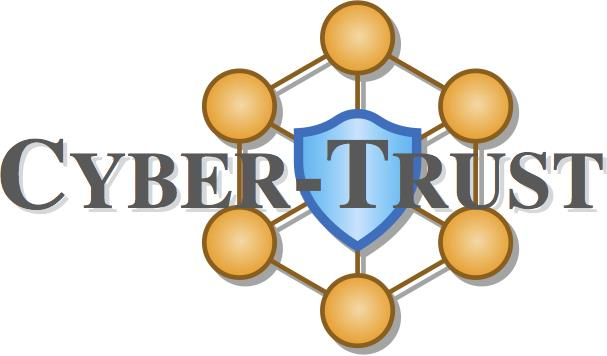Download the Call for Papers as PDF
 .
.
Call for Papers
Evolving business models are progressively reshaping ICT services and infrastructures, with a growing "softwarization" trend, the massive introduction of virtualization paradigms, and the tight integration with the physical environment. Agile, ubiquitous, pervasive, and programmable networking infrastructures are now leveraging new computation models, where the dynamic and data-driven composition of services disregards the traditional physical and administrative boundaries. Unfortunately, the evolution of cyber-security paradigms has not followed with the same pace, leading to a substantial gap in solutions capable of protecting the new forms of distributed and heterogeneous systems against an evolving landscape of cyber-threats. This is especially worrying considering that part of this overwhelming technological evolution is already encompassing critical infrastructures and industrial systems, such as smart grid components, connected cars and other merging applications within the IoT.
The predominant interspersion of lonely valuable resources with unsafe computing and communication infrastructures makes the application of security perimeter model ineffective. The traditional security tools that organizations have long relied on to protect their networks (i.e., antivirus, intrusion prevention systems, firewalls) are no longer capable of providing sufficient security guarantees against the rapid escalation of advanced persistent threats and multi-vector attacks. The growing complexity of cyber-attacks are urgently demanding more correlation in space and time of (apparently) independent events and logs, and a a higher degree of coordination among different security mechanisms.
The SecSoft workshop aims to gather together novel approaches for providing organizations the appropriate situational awareness in relation to cyber security threats allowing them to quickly detect and effectively respond to sophisticated cyber-attacks. The specific target is complementary research works on complementary cyber-security aspects for virtualized and software-defined infrastructures, including but not limited to:
- Cyber-security platforms and architectures for digital services;
- Security, trust and privacy for industrial systems and the IoT (including smart grids);
- Monitoring and advanced data collection and analytics;
- Virtual and software-based cyber-security functions;
- Orchestration of security functions;
- Novel algorithms for attack detection and threat identification;
- Intelligent attack mitigation and remediation;
- Machine learning, big data, network analytics;
- Secure runtime environments, including trustworthy systems and user devices;
- Formal methods for security and trust;
- Novel threat and attack models;
- Authentication, Authorization and Access control;
- Honeypots, forensics and legal investigation tools;
- Threat intelligence and information sharing.
Multi-disciplinary and collaborative research projects are encouraged to submit joint papers describing their integrated architectures and cyber-security platforms, with special emphasis on how they address the challenging cyber-security requirements of softwarized environments and critical infrastructures.
The workshop will accept the following type of contributions:
- short papers [maximum length: 5 pages, including references]
presenting industrial innovations, architectural references of research projects, main outcomes from demos and field trials, and preliminary research activities; - regular papers [maximum length: 9 pages, including references]
presenting research results or technical developments.
Important dates
- Workshop paper submission deadline:
February 15, 2019March 1, 2019 (extended) - Workshop paper acceptance: March 22, 2019
- Camera-ready papers: April 5, 2019
- Workshop date: June 24, 2019


